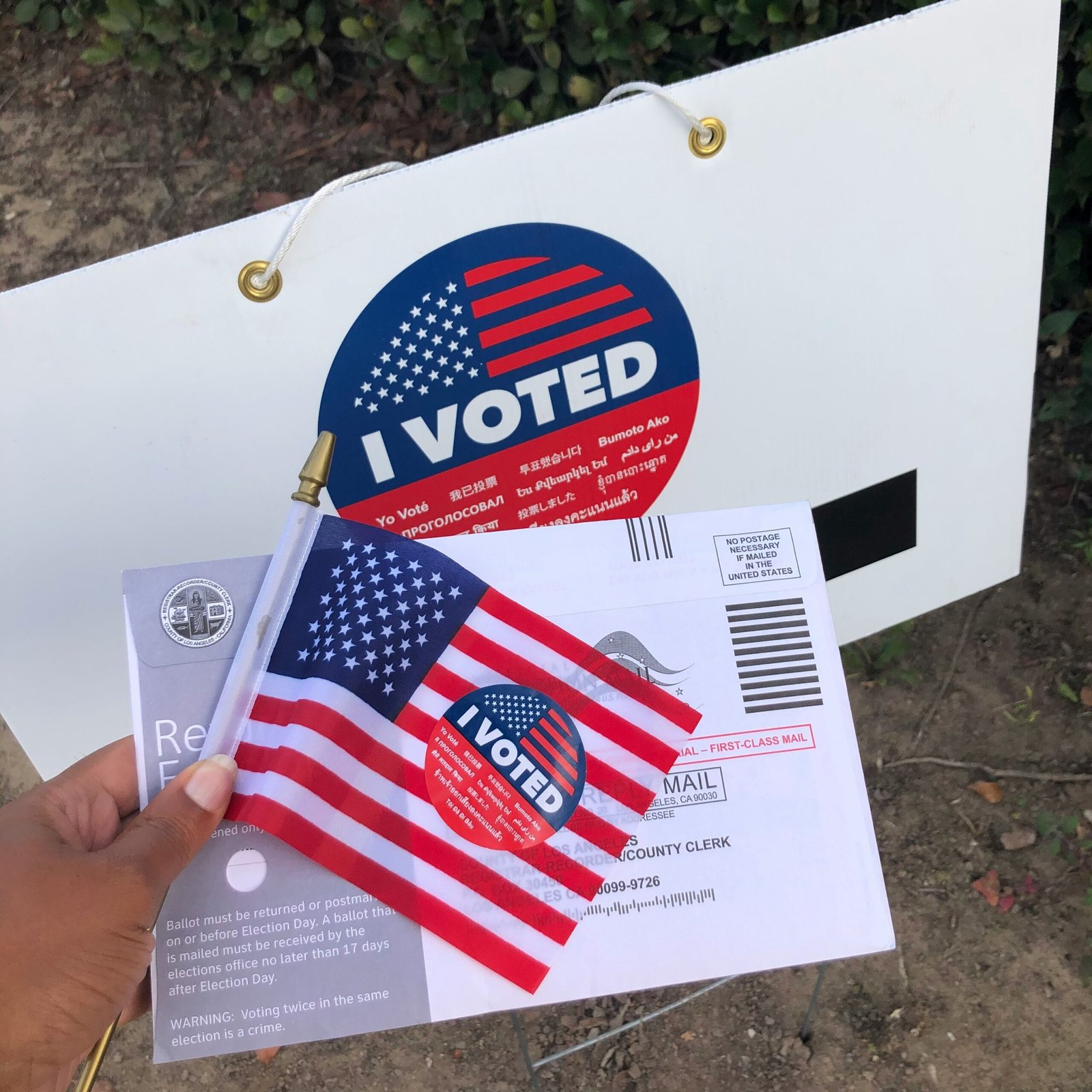
Your Guide to Local Primary Elections: The Process and Results Simplified
Local primary elections serve as the cornerstone of democratic processes, allowing citizens to actively participate in shaping their communities. Understanding the intricacies of these elections, from the voting process to interpreting results, empowers individuals to make informed decisions and engage meaningfully in the democratic process. In this guide, we’ll navigate through the essential aspects of local primary elections, shedding light on their significance, the voting process, and how to decipher the results.
Understanding Local Primary Elections:
Local primary elections are pivotal events where political parties nominate candidates for various offices at the local level, including city council, county commissioners, school boards, and more. These elections often precede general elections and play a crucial role in determining the final candidates who will appear on the ballot.
The Voting Process:
- Voter Registration: To participate in local primary elections, individuals must register to vote within their respective jurisdictions. Registration deadlines and requirements may vary by state, so it’s essential to verify eligibility and complete the registration process in advance.
- Ballot Access: On election day, eligible voters are provided with ballots listing candidates running for various offices. It’s imperative to review candidate profiles, platforms, and qualifications to make informed decisions.
- Casting Your Vote: Whether through traditional polling stations or mail-in ballots, voters exercise their democratic right by casting their votes for preferred candidates. Early voting options may also be available in some areas, providing flexibility for individuals with busy schedules.
- Ensuring Transparency: Election authorities oversee the voting process to ensure fairness, transparency, and adherence to established procedures. Observers and monitors may also be present to safeguard the integrity of the electoral process.
Deciphering the Results:
- Understanding Primary Types: Local primary elections can take different forms, including open primaries, closed primaries, and semi-closed primaries. Each type has distinct rules governing voter participation and candidate selection.
- Analyzing Voter Turnout: Voter turnout rates in local primary elections provide insights into civic engagement levels and the electorate’s interest in the political process. High turnout often signals heightened enthusiasm and potential shifts in political dynamics.
- Interpreting Results: Following the conclusion of voting, election officials tabulate and announce the results, indicating which candidates secured their party’s nomination for various offices. Close races may trigger recounts or runoff elections to determine the final nominees.
- Implications for General Elections: The outcome of local primary elections influences the landscape of general elections, as nominated candidates proceed to compete against opposing party contenders and independent candidates. Understanding primary results helps voters anticipate potential matchups and campaign dynamics in the lead-up to the general election.
2024 Top 10 Most Important Local Elections
As we approach the 2024 election season, several local elections across the United States stand out for their potential impact on governance, policy, and political dynamics. From major mayoral races to pivotal county positions, these elections will shape the future of their respective regions and, in some cases, influence national trends. Here’s a comprehensive look at ten important local elections, including their dates, notable candidates, and why they matter.
1. Los Angeles Mayoral Election (California)
- Date: November 5, 2024
- Candidates: Potential candidates include City Council President Nury Martinez, businessman Rick Caruso, and State Senator Holly Mitchell.
- Importance: The Los Angeles mayoral race is critical due to the city’s influence on national policies around housing, homelessness, and climate change. The city’s handling of these issues can set a precedent for other major urban areas.
2. Houston Mayoral Election (Texas)
- Date: November 5, 2024
- Candidates: Likely candidates include current Mayor Sylvester Turner (if he decides to run again), Council Member Amanda Edwards, and State Representative Garnet Coleman.
- Importance: Houston’s mayoral election will be crucial in addressing issues such as infrastructure, flooding, public safety, and economic growth, particularly in light of the city’s rapid expansion.
3. New York City Council Elections (New York)
- Date: November 5, 2024
- Candidates: Many incumbents will be running for re-election, but term limits and open seats will see new faces, including community leaders and activists.
- Importance: With several seats up for grabs, these elections could significantly shift the balance of power within the city council. Key issues include affordable housing, policing reforms, and public transportation.
4. Miami-Dade County Mayoral Election (Florida)
- Date: August 20, 2024 (Primary); November 5, 2024 (General)
- Candidates: Current Mayor Daniella Levine Cava may seek re-election, with potential challengers including former Mayor Carlos Gimenez and City of Miami Mayor Francis Suarez.
- Importance: Miami-Dade is critical due to its unique challenges with climate change, sea-level rise, and its position as a major gateway for Latin American relations. The outcome will influence local, state, and national policies on these fronts.
5. Atlanta Mayoral Election (Georgia)
- Date: November 5, 2024
- Candidates: Likely candidates include current Mayor Andre Dickens, City Council President Felicia Moore, and community leaders.
- Importance: Atlanta’s mayoral race is important for addressing urban development, crime, and economic inequality. The city’s role as a hub for civil rights activism also adds a layer of significance to the election.
6. Chicago Mayoral Election (Illinois)
- Date: February 27, 2024 (Primary); April 2, 2024 (Runoff if needed)
- Candidates: Current Mayor Brandon Johnson may run for re-election, with potential candidates including former Chicago Public Schools CEO Paul Vallas and Cook County Commissioner Brandon Johnson.
- Importance: Chicago’s mayoral election is crucial in tackling crime, police reform, education, and economic revitalization. The city’s ongoing struggles with violence and systemic inequities make this a highly watched race.
7. Philadelphia District Attorney Election (Pennsylvania)
- Date: November 5, 2024
- Candidates: Incumbent DA Larry Krasner might seek re-election, with potential challengers including former Assistant DA Carlos Vega.
- Importance: The Philadelphia DA race is significant due to the national conversation around criminal justice reform. The outcome will affect policies on prosecution, bail reform, and police accountability.
8. Maricopa County Sheriff Election (Arizona)
- Date: November 5, 2024
- Candidates: Incumbent Sheriff Paul Penzone may run for re-election, with potential challengers including former Sheriff Joe Arpaio.
- Importance: Maricopa County has been at the center of immigration debates and election controversies. The sheriff’s race will influence law enforcement practices in one of the most populous and politically contentious counties in the country.
9. Detroit City Council Elections (Michigan)
- Date: November 5, 2024
- Candidates: Incumbent council members and new candidates from community organizations and local businesses, including Council President Brenda Jones and community activist Rashida Tlaib.
- Importance: Detroit’s local elections are critical for the city’s continued recovery and development. Key issues include economic redevelopment, public safety, and improving city services.
10. Milwaukee County Executive Election (Wisconsin)
- Date: April 2, 2024
- Candidates: Current Executive David Crowley may seek re-election, with potential candidates including County Board Chairwoman Marcelia Nicholson and former State Senator Lena Taylor.
- Importance: The Milwaukee County Executive race is pivotal due to its impact on regional governance, public health policies, and economic initiatives. Milwaukee’s role in the broader political landscape of Wisconsin also makes this race significant.
Conclusion:
As active participants in democracy, individuals have a vested interest in understanding and engaging with local primary elections. By familiarizing themselves with the voting process, candidate selection mechanisms, and result interpretation, voters can make informed decisions that align with their values and priorities. Ultimately, local primary elections shape the trajectory of governance at the grassroots level, reflecting the collective voice of communities and fostering accountable representation.
Learn more about a new method to calculate Election Results.
Sources
- U.S. Election Assistance Commission: https://www.eac.gov/
- Pew Research Center: https://www.pewresearch.org/
- National Conference of State Legislatures: https://www.ncsl.org/












